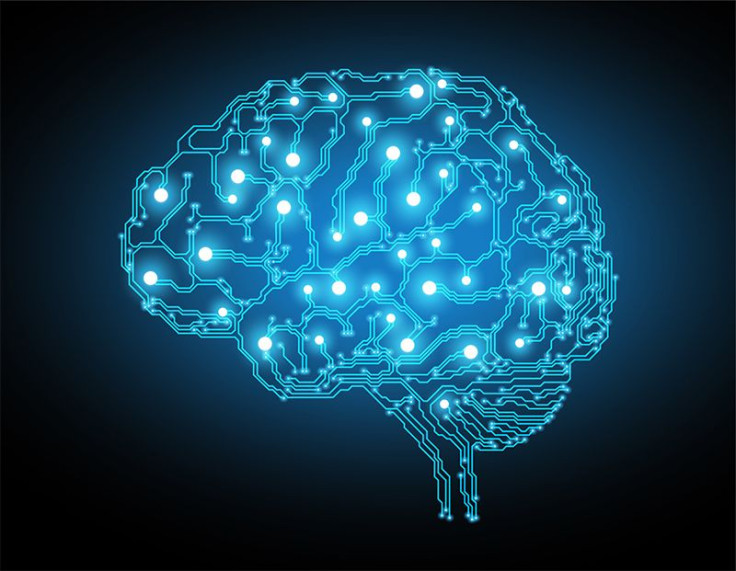Memory Loss Leading To Alzheimer's Occurs Twice As Fast In Women Than It Does In Men

The cognitive abilities of women with mild memory problems deteriorate twice as fast as they do in men with the same problems, a recent study found. Although the reason for this gender gap is not yet known, it could explain why more than two-thirds of all Alzheimer’s cases in the U.S. occur in females.
The study was presented Tuesday at the Alzheimer’s Association International Conference in Washington and is based on the results of the Alzheimer’s Disease Neuroimaging Initiative. The study involved measuring cognitive decline of 398 male and female volunteers, most of whom were in their mid-70s, over the course of eight years.
All of the volunteers were already experiencing a mild degree of memory loss at the beginning of project. But by the study’s end, the researchers found that female volunteers’ test scores fell by an average of two points per year, compared to just a one point per year for men. The female volunteers’ quality of life, as measured by their ability to complete tasks at work, home, and with their family, was also found to decline at a faster rate than their male counterparts, Time reported.
At this point, the study has no medical implications, but according to senior author P. Murali Doraiswamy, the cognitive differences may be an indication of a bigger problem.“It’s time to focus on looking at gender issues,” he said in an interview with The Wall Street Journal. “The magnitude of difference, if it’s real and confirmed, is so huge we need to understand the mechanism [why it’s happening].”
Unfortunately, the study failed to identify the root cause of this gender difference in memory loss. It has already been found that women make up the majority of worldwide Alzheimer’s cases, but the explanation for this has been that women live longer than men and therefore have more time to develop the disease. The recent study, however, suggests there’s a biological reason.
“It’s not just that women are living to be older — that’s true, and that drives some of this,” Kristine Yaffe, a professor of psychiatry, neurology, and epidemiology at the University of California, San Francisco, told The Washington Post. “But there’s something else going on in terms of biology [and] environment for women compared to men that may make them at greater risk or, if they have some symptoms, may change the progression.”
The buildup of plaque known as beta-amyloid, between nerve cells in the brain has been identified as a contributing factor to the onset of Alzheimer’s disease. Separate research, also presented at this week’s Alzheimer’s conference, has shown that this type of protein is produced in greater quantities in women than in men. According to Dr. Katherine Lin, lead researcher of the study, it may be that a genetic predisposition in women puts them at a greater risk of developing this plaque in their brains.
Currently, Lin’s theory remains unproven, but her team plans to continue working to identify the root of this gender difference in cognitive decline. “There are enough biological questions pointing to increased risk in women that we need to delve into that and find out why,” said Maria Carrillo, chief science officer of the Alzheimer’s Association, as reported by CBS News.
Understanding why women are more likely to suffer from cognitive decline could have broad implications. Such findings could help doctors develop gender-specific treatments — a concept that is gaining popularity for a variety of conditions, including pain and addiction — as well as strengthen prevention efforts against Alzheimer’s.
Published by Medicaldaily.com



























